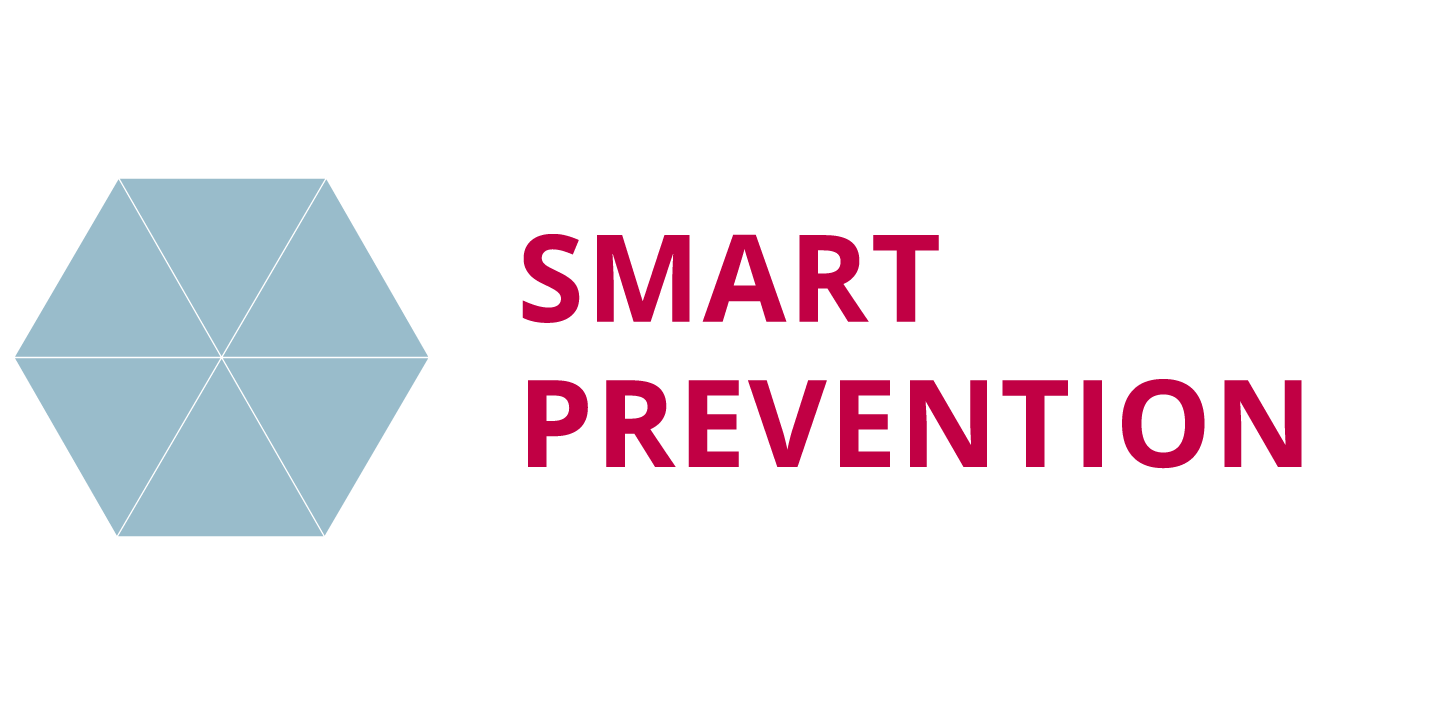- Pedagogics / Threat / Gregory Grund
Gregory Grund
New prevention tasks
- Grund: Phenomenon
- Grund: Chances
- Grund: Vision
Violence and crime are digitalising as well. My impression is that new forms of play are being added, but the old ones are not being suppressed. I would like to show you a very important tool of mine: This is my smartphone. This device stores more personal and intimate information about me than anywhere else in the world. In fact, I believe that if you ask my family and friends and they tell you everything they know about me, you still don’t know as much as if you could read my smartphone. A very powerful tool, but it also makes me very vulnerable! This means that smartphones and of course our computers are very lucrative targets. We also experience this in larger contexts, such as the city of Frankfurt, which has been paralysed as a service provider for digital offerings. University networks are encrypted, the German Bundestag had problems.
So we often have to deal with the case that hard disks are encrypted and then released again in exchange for a ransom demand. We see in identity theft that people can impersonate other people because of the digital tools. These are all very new forms of criminality in digitalisation. The Internet has also revolutionised the trade of illegal goods. It has never been easier to have a hand grenade and a kilo of coke sent home in a parcel. And violence has also been given a completely new face in the digital age. We’re just starting to think about hate speech and how to deal with it as a society.
Insults, death threats, etc. are also taking place digitally and have very similar psychological effects on us as any direct face-to-face threat or use of violence. Sexual violence is also made possible in a completely different way by digitalisation. I have in mind that adolescents and children can be addressed by adults, that the trade with images related to child pornography is also possible in a completely different way and that we as a society are still unable to develop and offer solutions with sufficient technology and pedagogical attitude.

Gregory Grund
- 2000 – 2007 Study of Educational Science with diploma in education at the Goethe Universität Frankfurt
- 2006 – 2013 Research assistant at the Department of Education at the Goethe Universität Frankfurt in the field of “elearning”
- 2009 – 2014 Assistant lecturer at the Department of Education at the Goethe Universität Frankfurt in the field of “Media Education”
- From 2010 on self-employed in the field of media education with Florian Borns and Jörg Schüler
- From 2013, start of the project Digitale Helden [Digital Heroes]
- 2013 Publication of the book “99 Tipps Social Media” by Cornelsen with Barbara Kettl-Römer
- Phenomenon
- Threat
- Chances
- Vision




Comments